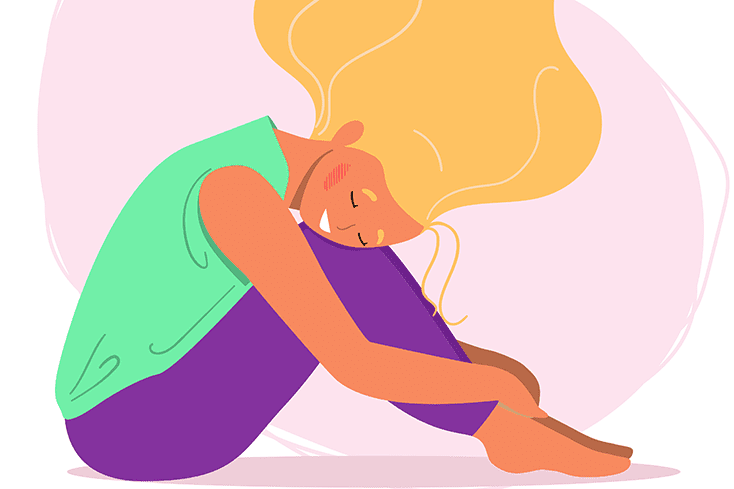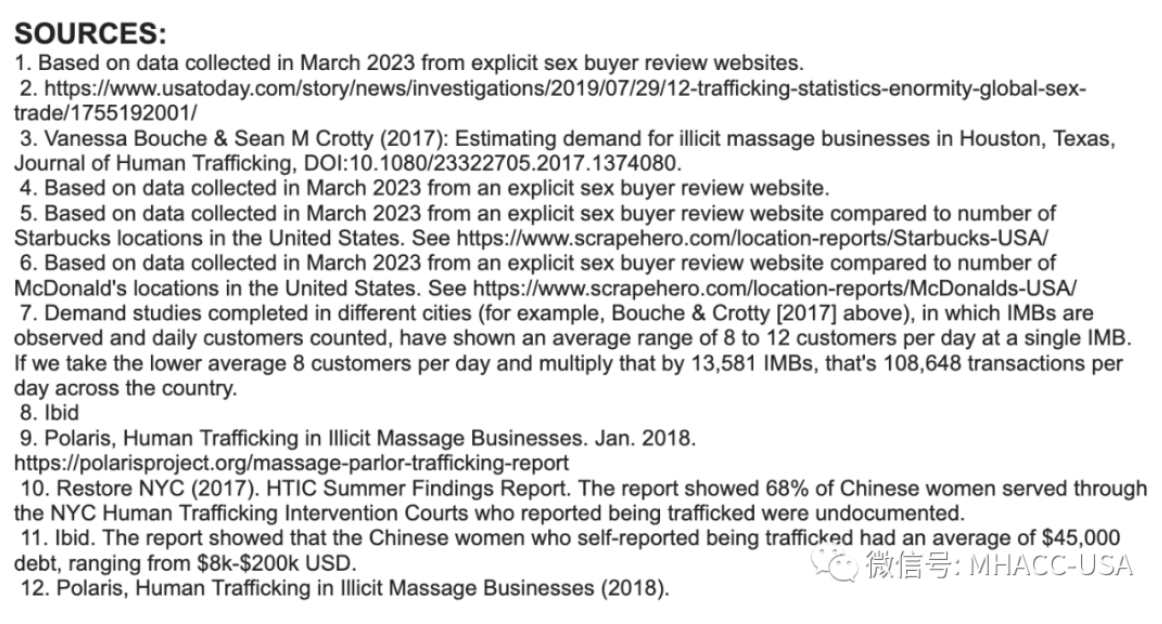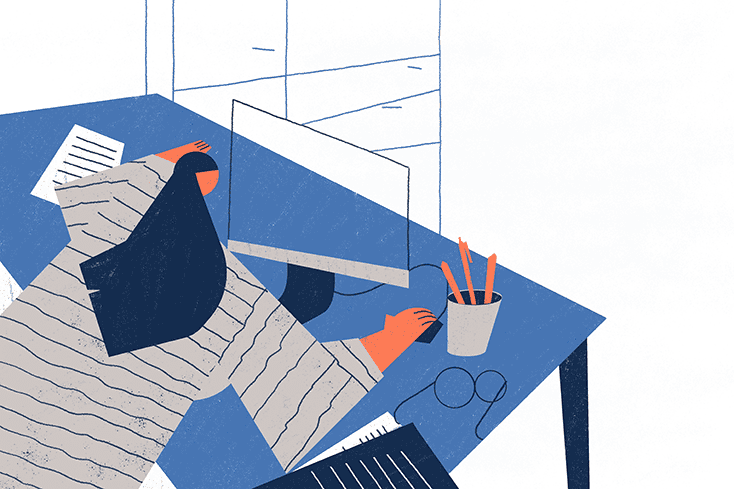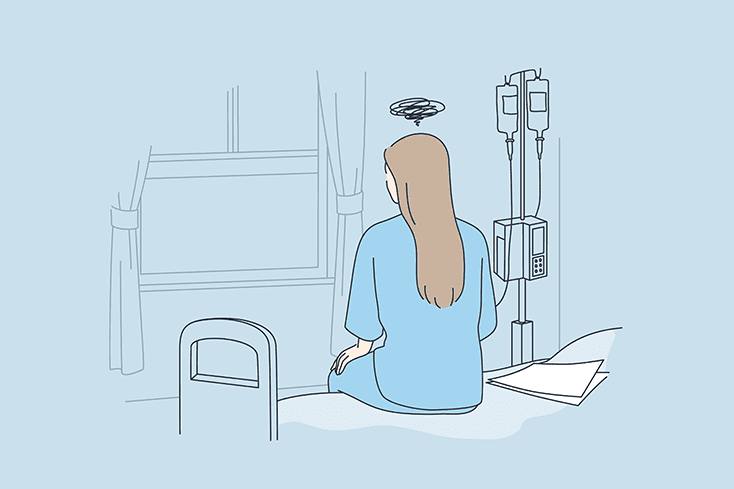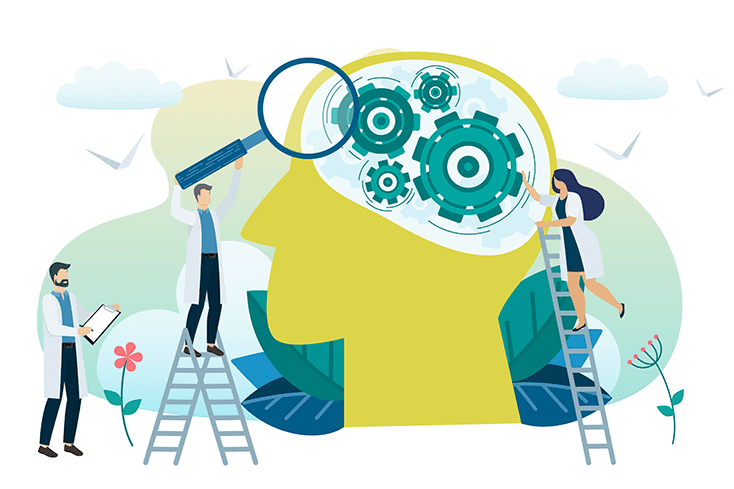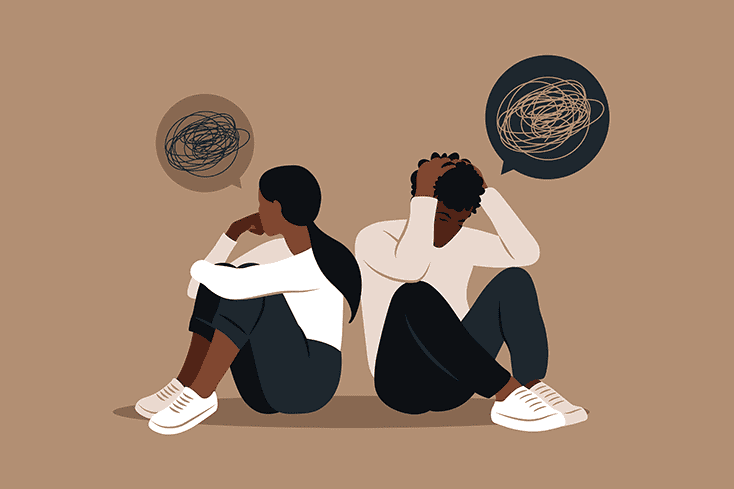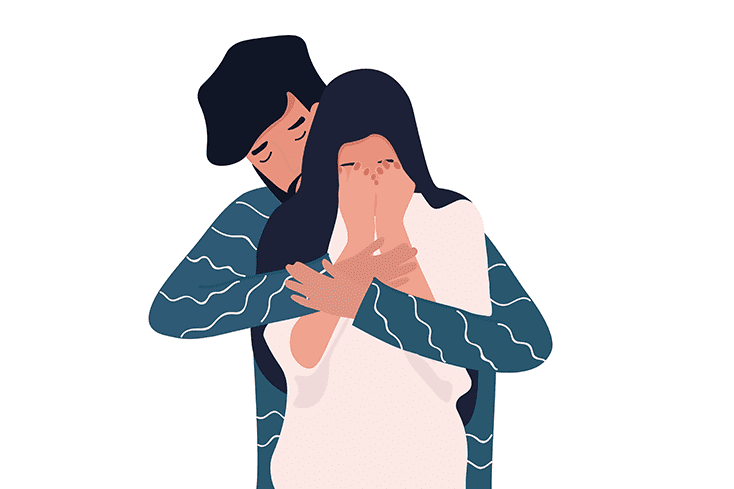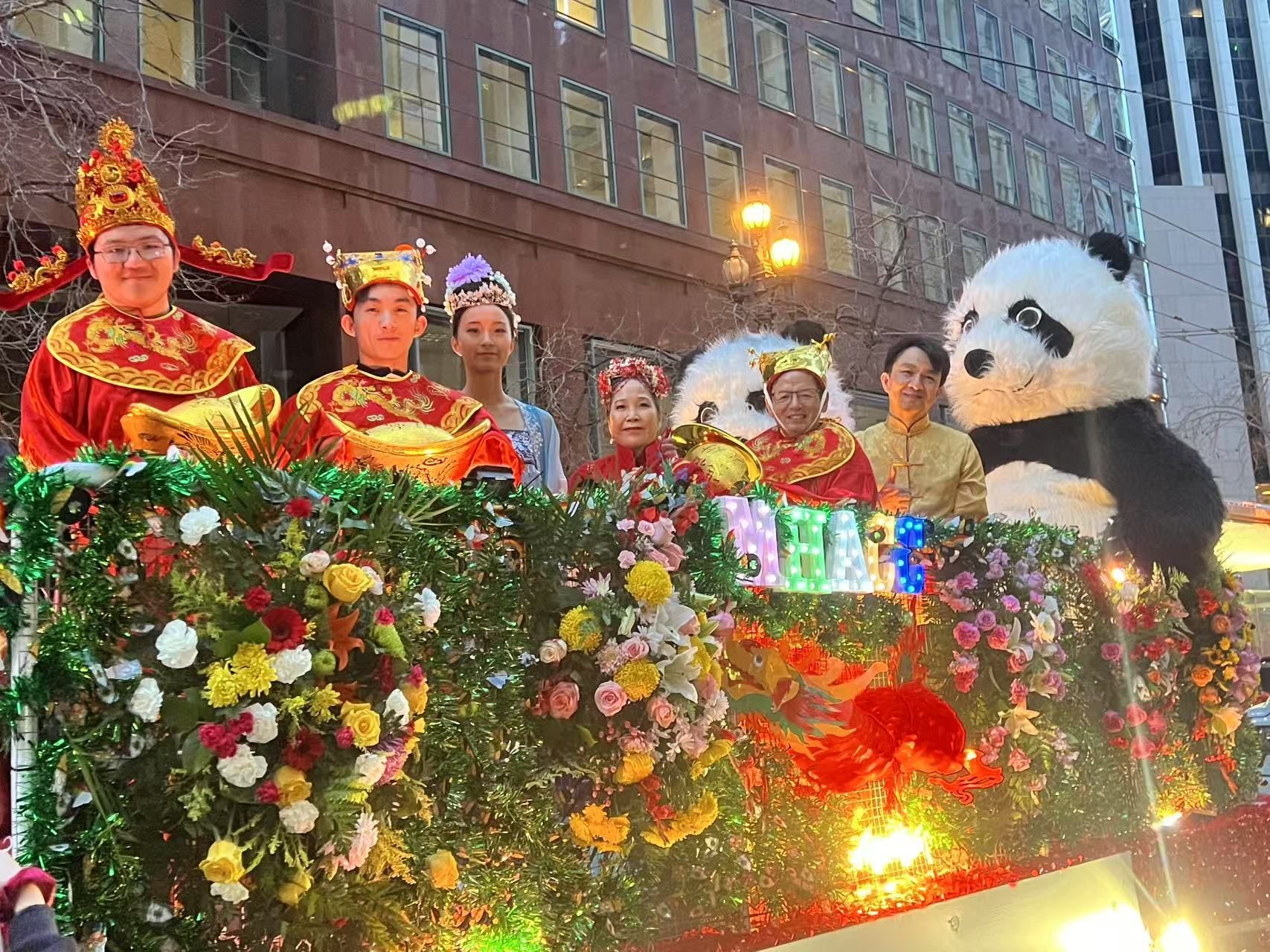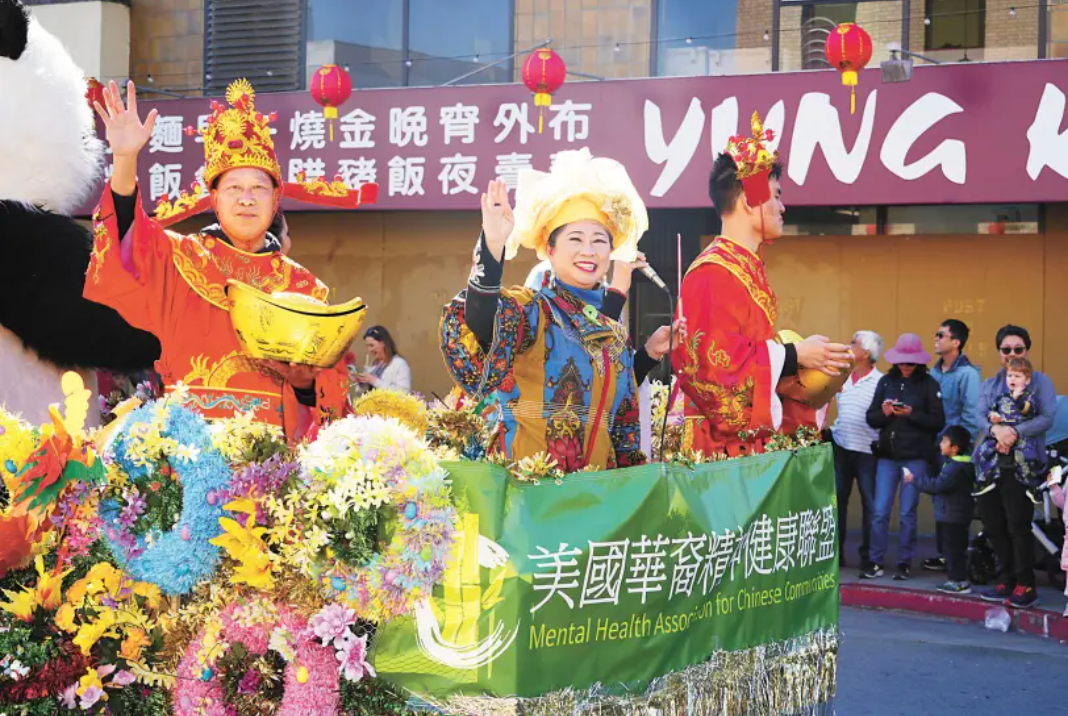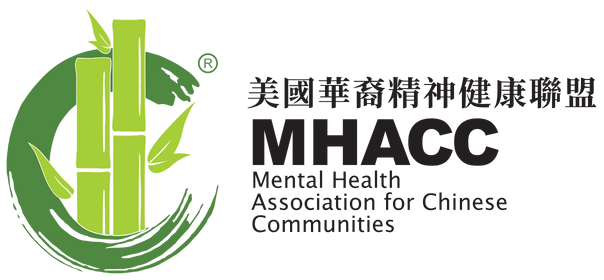困於黑暗之中:美國非法按摩產業 | Trapped in the Darkness: America's Illicit Massage Industry
"Living in a world of inner vulnerability and darkness, it seems pointless for me to live, but I don’t know how to break free. My name is Yunxi Wang, and this is my story."
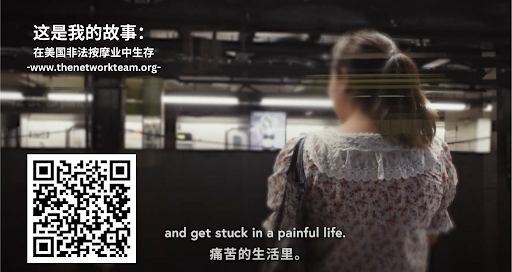
A raspy voice emerges at the beginning of the film, accompanied by a heart-wrenching monologue from Wang Yunxi—one of the countless victims of America's illicit massage industry.
Scan the QR code to watch the video, or click this link: https://youtu.be/cDLl98jRe04?feature=shared
Overview of the Illicit Massage Industry
According to the latest data 📊 provided by The Network (www.thenetworkteam.org), a non-profit organization committed to combating the illicit massage industry in the United States:
🔴 The illicit massage industry (IMI) is vast in scale, encompassing over 13,000 establishments with an annual revenue exceeding $5 billion.
🔴 In New York, there are 2 IMBs for every Starbucks, while in California, there are 3 IMBs for every McDonald's.
🔴 Over 100,000 incidents of sexual violence occur in these IMBs daily.
🔴 A staggering 84% of the victims are from China; trafficked and saddled with massive debts, they endure long hours engaged in the shadowy underbelly of this exploitative industry.
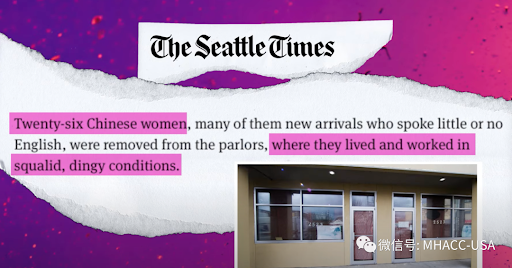
These harrowing circumstances disproportionately affect Chinese-American women in the United States. Regrettably, the majority of the Chinese community in America remains largely unaware of this crisis. Few are acquainted with the stories of these victims, their lives, and the internal anguish they endure.
In January 2023, an article by USAToday peeled back the shocking layers of this dark industry (a link to the original article can be found at the end of this report).
In Baltimore, a masseuse was coerced by her ex-husband into providing sexual services to clients. Enduring dehumanizing experiences, she constantly lived under the looming threat of either escaping or facing arrest.
When the police appeared at her doorstep, she was consumed by panic and despair.
In the United States, many illicit massage businesses are operated by Asian traffickers and effectively serve as a covert form of human trafficking. However, due to a lack of understanding from both society and law enforcement agencies, victims are often arrested instead.
Many victims of human trafficking are recruited by acquaintances, friends, or even family members.
Traffickers exploit human vulnerabilities, luring people with promises of wealth, foreign travel, love, and material comforts. In some Asian countries, many are enticed by the allure of the "American Dream," seduced by visa brokers and traffickers, caught in debt traps, and ultimately forced into servitude to repay these debts.
"Let me show you my WeChat," she says.
Mainstream Chinese-language media outlets like the "World Journal" still sporadically feature vaguely-worded massage parlor advertisements, providing traffickers a concealed platform.
WeChat, with its user base exceeding 1.2 billion, has inadvertently provided traffickers a way to sidestep regulatory oversight due to its utility and multifunctionality. Traffickers use the WeChat platform to communicate with clients, market women, and create WeChat groups to share information.
This not only enables criminals to delete accounts or block victims when necessary to evade law enforcement, but it also hinders victims from gathering more information on the traffickers, making investigations increasingly challenging.

"It's a different version of pimp control."
Traffickers often establish a façade of a "dependent" relationship through psychological manipulation. Usually, women with more power within the organization adopt the persona of a "big sister" or a "mother," luring victims with housing and employment opportunities.
Victims find themselves with confiscated passports, taken to unfamiliar locations without internet access and where they don't speak the local language, making escape much more difficult.
In Western societies, Asian women are commonly stereotyped as sexual and submissive objects, often perpetuated through media, entertainment, and societal biases with historical roots in U.S. policy and military action abroad. This often leads to sexual assault and rape in massage settings.
"If she dares to resist, the beatings get worse."
Interviews in New York and Los Angeles reveal that many massage parlor workers face abuse from their clients, including being tied up, gagged, and beaten with weapons.
Traffickers establish this environment of violent abuse to exert control over the victims, while also avoiding direct involvement in criminal activities.
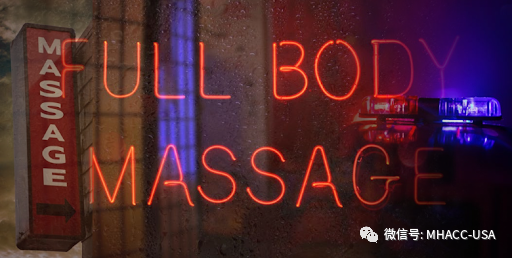
Survivor‘s Voice
The opening video features Wang Yunxi, who shares her thoughts after being rescued:
Every time I recall the human trafficking that I experienced in the illicit massage business (IMB), it takes me days to recover from the fear and shame I feel. Until now, I have thought about it countless times. If when I came to New York, I could have seen information about human trafficking in a library or a doctor's office, or on a street corner, or if I called the hotline, I would have known that being forced to do this work was a crime. If I had choices and help, would my life be different? I know that most women in the IMI feel that they have no other choice to make the money they need to live.
Do we really have no choice but to engage in illicit massage? Starting an illegal massage job means that every day your body is susceptible to AIDS, gynecological infections, and various other infectious diseases. The longer you work in an IMB, the more thoughts you have in your head about "massaging" customers. Strangers touching my body filled me with all kinds of humiliating and traumatic memories. How can I move on, and how long does it take to forget those memories?
Robbery, rape, and being scammed are very common in IMBs. In the case of the shooting in Atlanta in 2021, eight people were killed. Money is important in life, but it is not so important that we sacrifice our physical freedom, the value of life, and our responsibilities to society and family.
Staying away from the illicit massage industry is the only choice to keep yourself free and grounded.
The Illicit Massage Industry in the United States
According to the latest 2023 data 📊 from The Network, a non-profit organization dedicated to combating the illicit massage industry (www.thenetworkteam.org):
🔴 There are over 13,000 suspected illicit massage businesses (IMBs) across all 50 states in the U.S., marking a 32.3% increase in the industry over the past year, with annual revenue exceeding $5 billion.
🔴 To put this into perspective with some startling comparative data:
In New York, for every single Starbucks, there are 2 IMBs; while in California, for every McDonald's, there are 3 IMBs.
🔴 On average, each IMB has between 2-4 victims. A single IMB sees 8-12 customers daily. If we take the lower estimate of 8 customers per day and multiply it by 13,000 IMBs, that could potentially mean over 100,000 incidents of sexual violence happening across the U.S. every day.
🔴 Women trafficked into IMBs carry an average debt of $45,000.
🔴 68% of the victims in the illicit massage industry are without legal status.
🔴 These women are forced to work six days a week, with workdays lasting 12-16 hours.
🔴 Among the victims, 84% come from China, 7% from Thailand, and 9% from other countries.
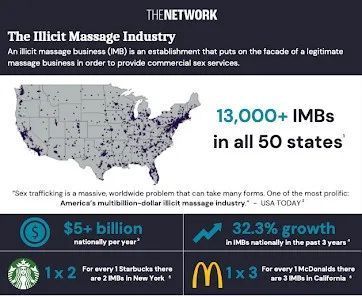
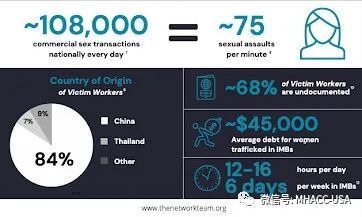
The Network
The Network is an intelligence-driven counter-human trafficking organization that aims to equip partners with actionable intelligence to dismantle human trafficking networks. They focus on understanding traffickers' businesses - including their organization, operations, and profit drivers - to identify vulnerabilities and strategically disrupt them.
The Network's sole focus is defeating the illicit massage industry (IMI) — arguably one of the largest known forms of sex trafficking in the United States. They provide partners with data, intelligence, and tactics to disrupt trafficking in illicit massage businesses (IMBs). Their solution is to attack the business model because trafficking exists for only one reason: it makes money.
The diverse team behind The Network leverages skills honed in the intelligence community, data analytics, financial services, and victim service provision. They partner with local, state, and federal law enforcement, regulatory authorities, anti-trafficking service providers, data companies, and community-based organizations.
Watch the video to learn more👇
https://youtu.be/ZxrsABP7np8?si=mg8rtdXLZk0He_dn
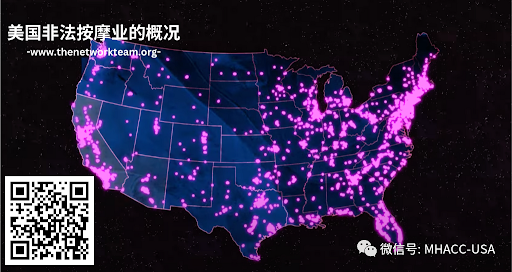
The Struggle: Survivors' Predicaments
When we at MHACC first came into contact with The Network team, we were stunned by the data and facts presented to us. Although most of us have never personally undergone such ordeals, the deeper we delve, the more we grasp the immense psychological torment that victims endure and the desperate efforts survivors make to rebuild their lives.
Immense trauma can completely devastate a person. Survivors often face a variety of mental challenges, including Post-Traumatic Stress Disorder (PTSD), depression and anxiety, substance abuse, and even suicidal thoughts. Victims frequently use psychological dissociation as a coping mechanism to escape the harsh reality.
Among Asian female survivors, all this becomes even more complicated. Influenced by a culture of shame and patriarchal values, the psychological issues triggered by trauma are often more severe, and survivors find it even more difficult to speak out and seek help.
Survivor Perspective (from Wang Yunxi):
Being trafficked felt like a black hole swallowed the night sky of my life. Shame, self-blame, and persisting memories ebb and flow in my mind. Depression and instability led to recurring digestive issues and illness. In the middle of the night, I still cry when I think about my experience.
When I take the subway, I still get scared when I see men with strange behaviors, sunken faces, and cold eyes. When my body aches, I never dare to go into a massage parlor for relief.
With the constant encouragement and guidance from the psychological counselor, I began to understand myself and resolved many doubts in my mind. I started paper-cutting, painting, knitting, reading, going to concerts, visiting museums, and walking in nature. Through psychological counseling, art, and a positive and healthy attitude towards life, the harm of human trafficking is leaving me little by little.
Support the Victim
Unlike Wang Yunxi, many survivors often have no choice but to return to a life of social isolation and self-imprisonment, as if stuck in a never-ending nightmare. This can be due to a multitude of factors, such as language barriers, low levels of education, and lack of job opportunities.
Therefore, to address these unique mental health needs of survivors, we require a comprehensive, trauma-informed, and culturally sensitive approach. This includes understanding and addressing complex trauma, focusing on social reintegration and issues of identity, as well as reducing the burden of shame and disgrace.
So, we call upon all sectors of society to intensify their focus on the issue of human trafficking. We need not just material support, but also an inclusive social environment where no one has to feel shame
Indeed, the responsibility to terminate this sweeping human rights disaster falls upon society as a whole.
"Every woman deserves a free and happy life."
“This is my story.” - Surviving the Illicit Massage Industry
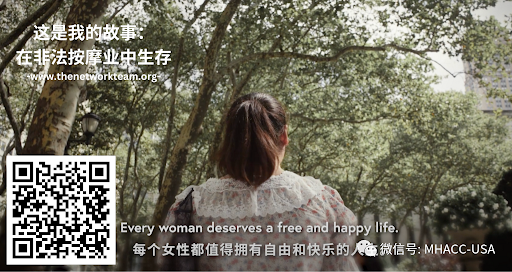
Resources
If you have experience in the illicit massage industry and are interested in joining the Movement Building efforts of The Network, please fill out their contact form [https://www.thenetworkteam.org/contact].
Mental Health Association for Chinese Communities (MHACC) is proud to announce our collaboration with The Network to extend support to survivors. Here's what we are offering:
Emotional Support Groups for Survivors, provide safe spaces where survivors can find emotional backing and communal understanding, all in the language they are comfortable with.
We offer a mental health smartphone app designed specifically for the Chinese community. It's free to download and provides emotional support, resource information, breathing exercises, and emotion management features for those practicing self-care.
Confidential Mental Health Warmline, offers immediate crisis support and resource referrals, available 7 days a week in Mandarin, Cantonese, and English.
Call us at
1 (800) 881-8502. You are not Alone!
Please share this helpline. It may be the lifeline someone needs.
View the original article in Wechat: https://mp.weixin.qq.com/s/c09wrslUkJHFaePPdC4zhQ
Written by MHACC
Sources:
https://www.usatoday.com/in-depth/news/investigations/2023/01/19/human-trafficking-laws-enforcement-impact-victim-experience/10392339002/
https://www.thenetworkteam.org/
https://youtu.be/ZxrsABP7np8
https://youtu.be/cDLl98jRe04?si=2ub3rlhlSW5j5olJ
